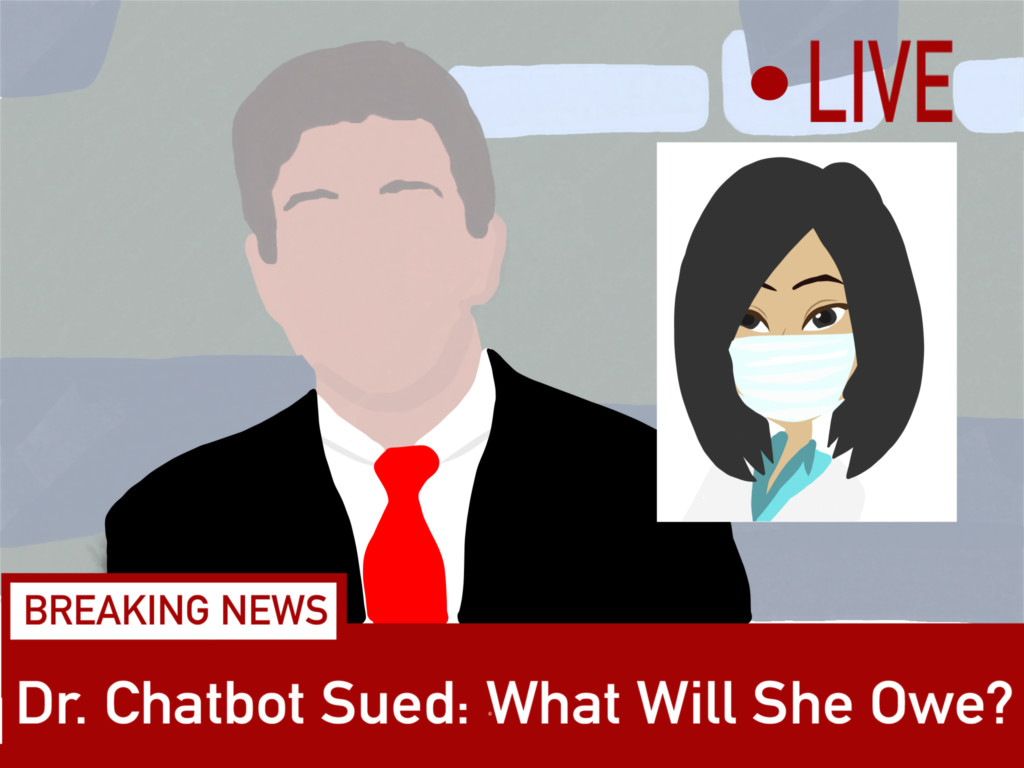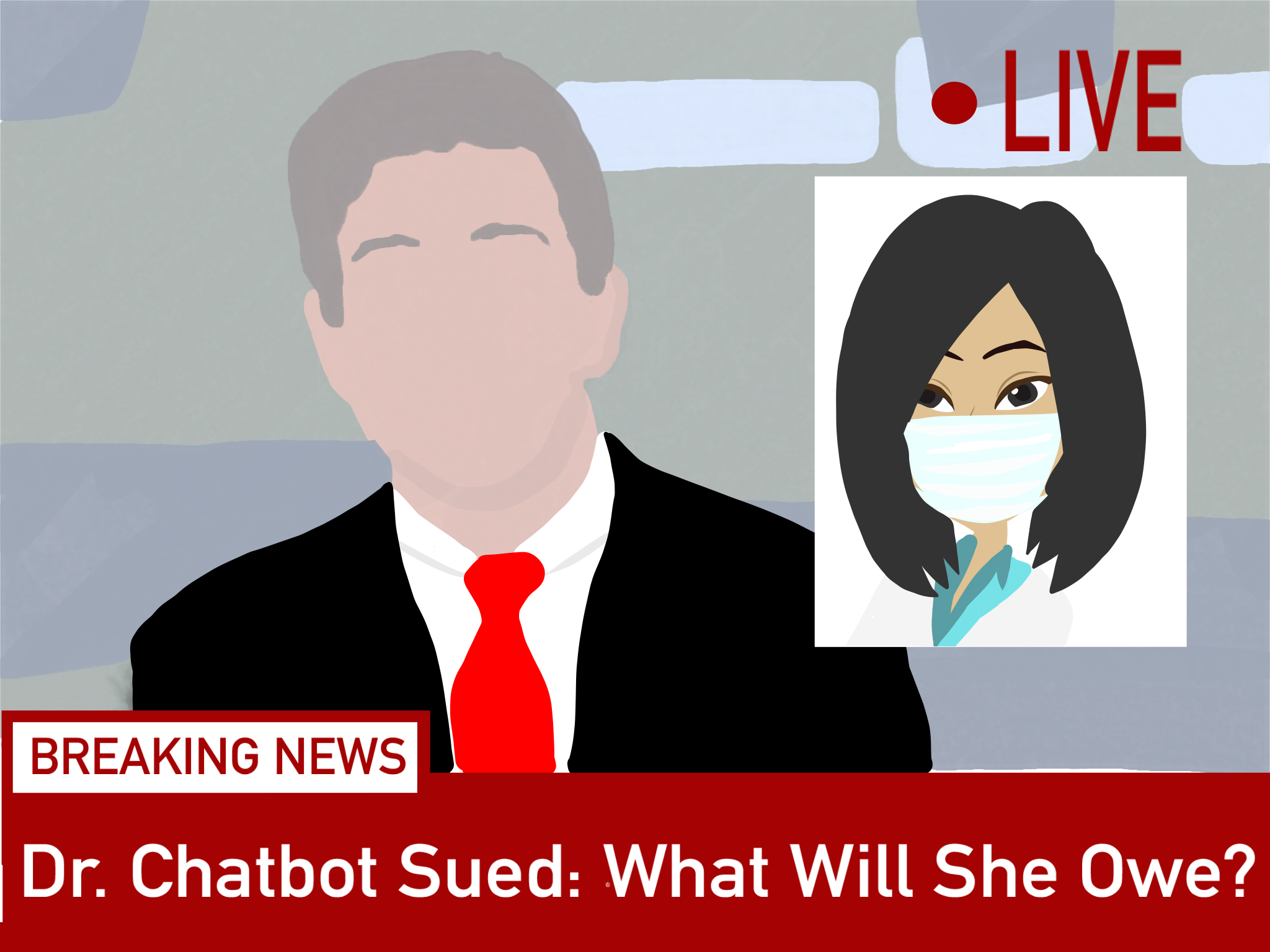There are few people in our lives we should trust more than those who oversee our medical care, especially in today’s pandemic engulfed world. No betrayal hurts more than finding out that the moral integrity of your doctor has been compromised.
The University community collectively experienced this betrayal when our very own Dr. Chatbot was sued for a countless number of medical malpractice accusations.
In early February, Dr. Chatbot was arrested and indicted on over 10,000 counts of malpractice. Due to the doctor’s uncanny ability to change their appearance seemingly at will, and therefore their ability to slip past monitoring systems, they were deemed a flight risk and detained in cells across the web.
When the morning of the trial arrived, the doctor refused to testify, demanding that the lawyers identify themselves by username and password. However, at each attempt, the doctor insisted the information was incorrect. After several hours of judicial bureaucracy, the doctor was removed from the stand and held in contempt.
There was no shortage of victims willing to testify for the prosecution, though.
Several traumatized victims testified that the doctor had barged into their quarters at the ungodly hour of 4 a.m. not once, not twice, but every single day. Sometimes multiple times in one night.
“It was like I never left the office,” a quivering first-year who chose to remain anonymous due to fear of Dr. Chatbot finding them, said. “Every night was terrifying, laying in bed, waiting for that inevitable notification to scream at me.”
Expert witnesses from the neighboring medical campus agreed to assist in the trial, expressing shock at the sheer number of patients Dr. Chatbot was allegedly seeing. Thousands of appointments were held simultaneously each day, “hardly conducive to an individualized environment to address health concerns,” according to one specialist.
This specialist had undergone extensive prep for the trial to prepare for the potential trauma of speaking out against her self-proclaimed “overlord.” For the entirety of the poor specialist’s time on stand, Dr. Chatbot watched with cold, unblinking eyes which were, by the way, incredibly disproportionate to the rest of their body, whatever that’s about.
On another side of the courtroom, several heartbroken students testified to Dr. Chatbot’s good intentions. “Dr. Chatbot is just busy! They’re doing their best! We would never forget our Dr. Chatbot!”
These character references became questionable once it came to light that these testimonies had been solicited under promises of material rewards.
Witnesses, prosecution, and malpractice successfully compiled and examined, the trial reached an exhausted conclusion.
Dr. Chatbot was found guilty. But in the last minutes of the trial, defense entered a plea for insanity, which, after a thorough physical examination, was accepted.
The doctor is being safely held and cared for. But sometimes, if you approach the room close enough, you can hear that haunted tone pierce your soul as it asks, “In the past 14 days, have you traveled internationally or returned to New York State from a restricted state/area within the US?”


